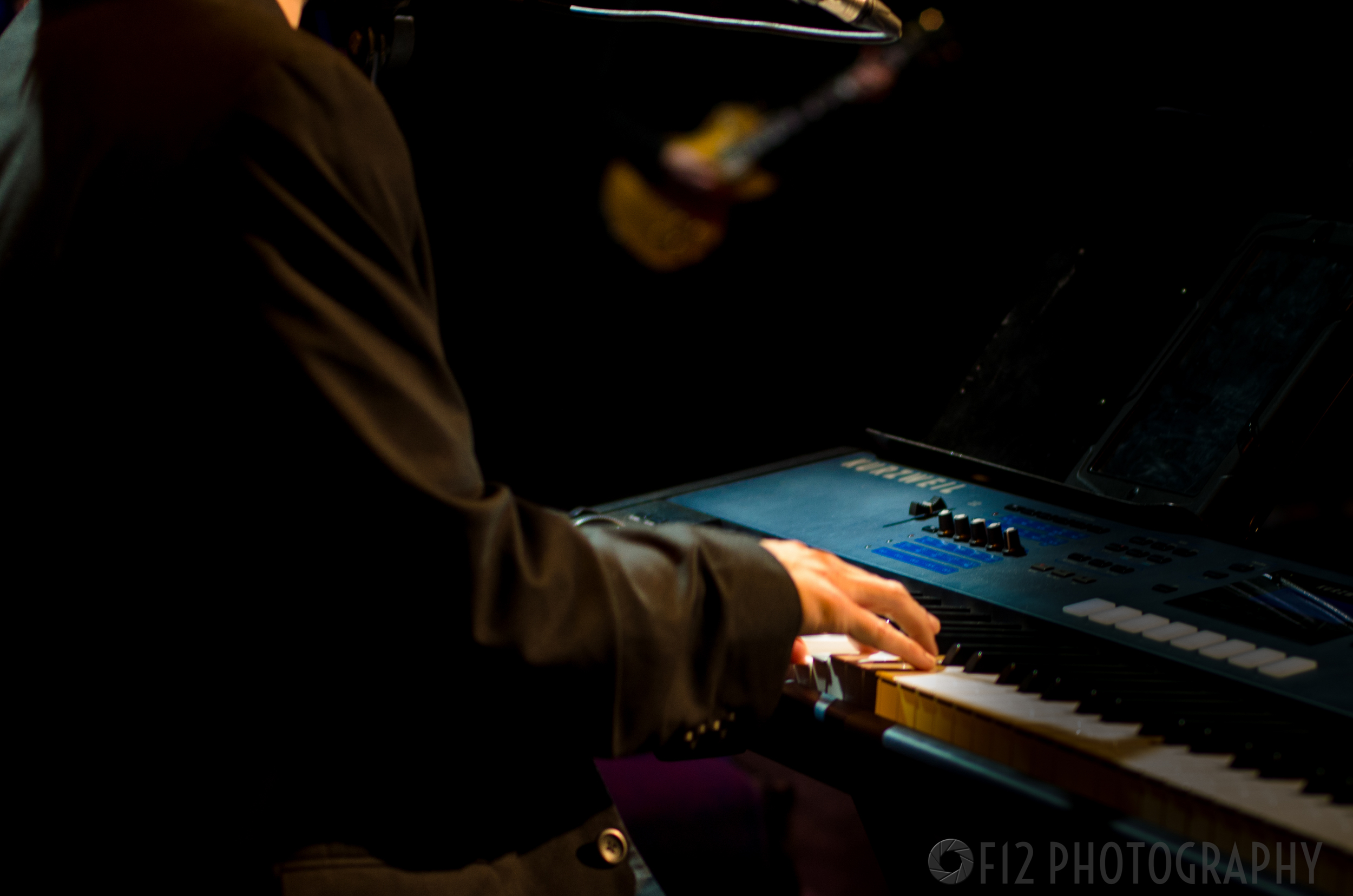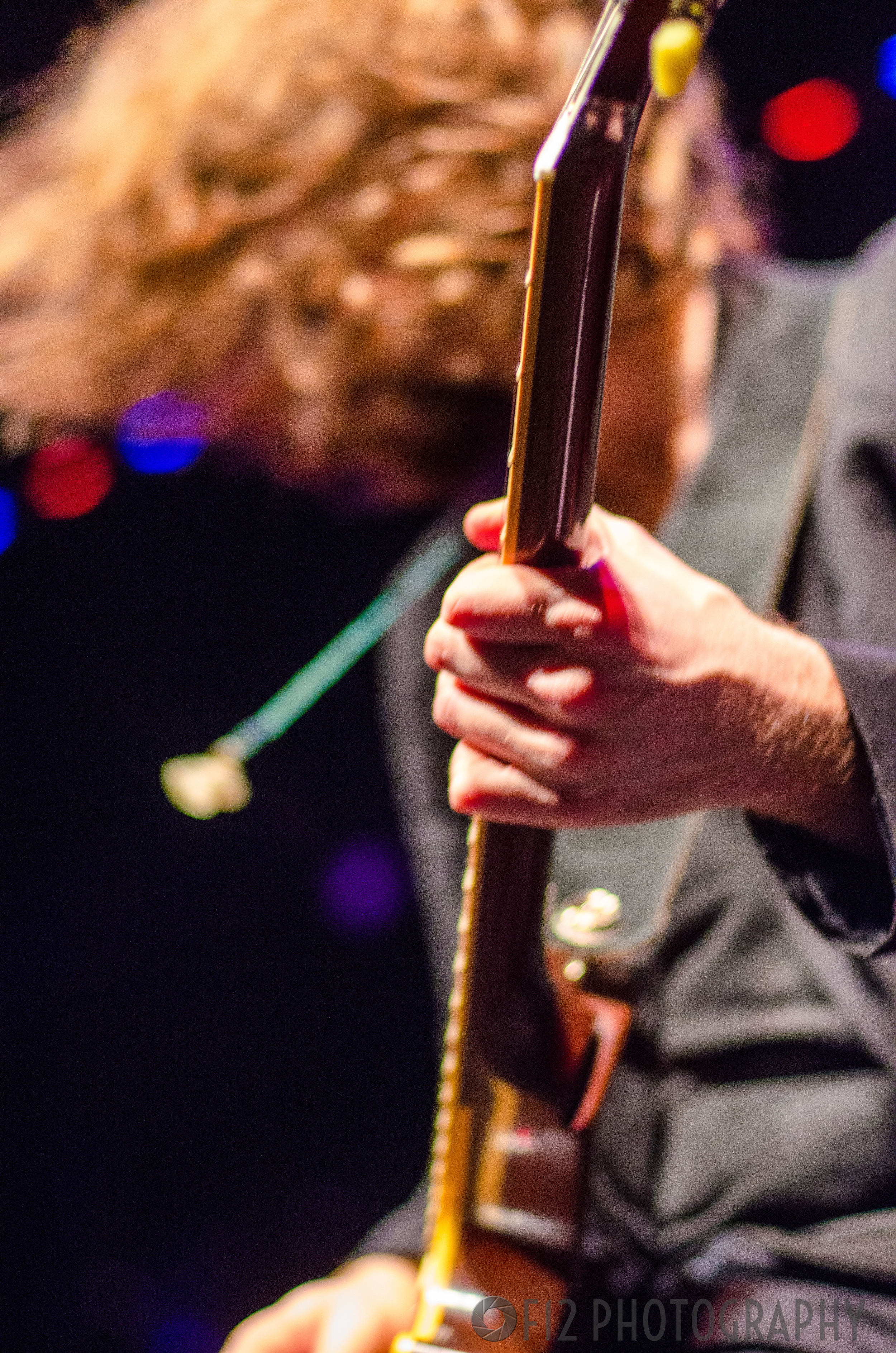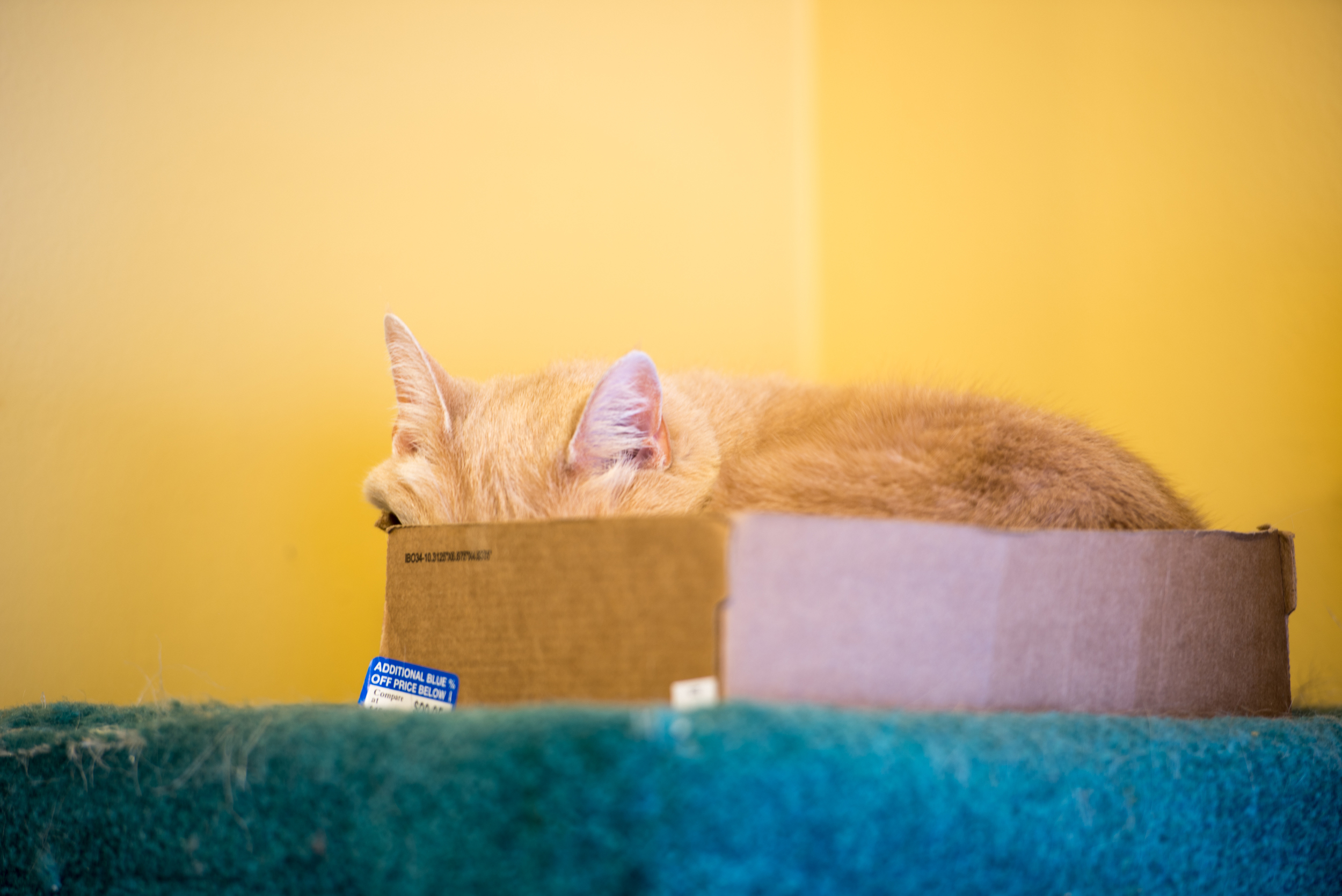My name is Rob, and I know a guy who knows a guy. This guy's name is Dave Anderson, and he's played a show or two with a group called Black Jacket Symphony.
This particular group has an interesting premise. Their gimmick is they pick a famous album, e.g. Abbey Road by The Beatles, or Purple Rain by Prince. They play two sets for any given show. In the first set, they play the album top to bottom. In the second, they play some of the greatest hits by whatever band produced the album. For each album, musicians are hand-picked for the talent they can bring in reproducing the album as closely as possible.
When I found out that BJS was going to play a Led Zeppelin show here in Huntsville, I knew I wanted to be there with camera in hand. So, I talked to my friend Dave, who he put me in touch with Jason, who I assumed was the band's manager.
Jason, who was all about some free publicity, was glad to promise me a photo pass and a ticket to the show.
Score.
The gig started off as any other would - with me being unprepared and having no idea what I was about to get into.
Walking up to the will-call window a little later than I intended to, the lady behind the window informed me that there wasn't a photo-pass for anyone, let alone me.
Great, I thought to myself, I just drug all of my equipment half a mile to the venue in 25 degree weather just to have to turn around.
I didn't have Jason's cell-phone number or anything. The only interaction I'd had with him was via Facebook.
I messaged him on Facebook saying I was here and stuck outside. I expected him to be busy preparing for the show,and not even receive the message until it was too late.
Not more than two minutes later, I get a response saying he's got one for me, and to meet him at the merch booth.
Sweet, all is not lost.
15 minutes later, I'm backstage, in my own dressing room no less, getting all my gear sorted out.
As I'm walking back toward where everyone's gathered before they take stage, someone tosses me a black t-shirt.
That t-shirt allowed me to be on stage during the performance.
Double Score.
I've shot several concerts in my time as a photographer, but this was the first show where I had free reign to be wherever the hell I wanted to be to get the shot I desired.
This feeling of Man, I've hit the big time now seems to be happening to me on more of a regular basis these days. This is just the latest example of me establishing myself as a legitimate photographer.
I spent the next 3 hours frantically running around in front of the stage, and on the stage, capturing everything I could see.
It was really pretty surreal. There were at least four camera guys video-ing for the big screen on stage, and one other photographer I ran into a few times.
They nailed the performance. The musicians and crew associated with Black Jacket Symphony are all top-notch. It was one of the best performances I've been witness to.
At the end of the show, I found Jason to thank him for having me along for the ride that night. He immediately invited me back for the band's performance of Purple Rain in May.
I can't wait!
Too see the rest of the photos I walked away with click here









